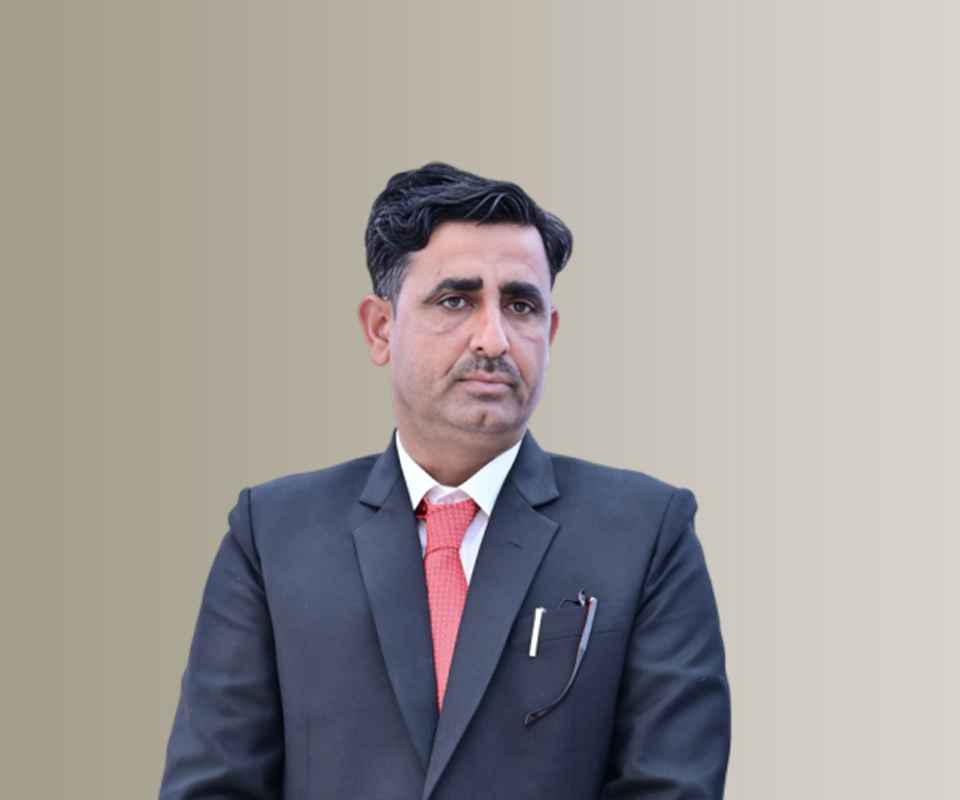Answer By law4u team
In India, non-physical abuse such as emotional, psychological, and economic abuse is recognized and addressed under domestic violence laws. While physical violence is more easily recognized and documented, non-physical forms of abuse can be just as damaging, and the law provides protections for victims of such abuse as well.
Legal Provisions for Non-Physical Abuse
Protection of Women from Domestic Violence Act (PWDVA), 2005:
The Protection of Women from Domestic Violence Act (PWDVA) is a landmark law that not only addresses physical violence but also explicitly covers non-physical forms of abuse, including emotional, psychological, and economic abuse. The Act aims to protect women from all forms of violence that may take place within the home.
Emotional and Psychological Abuse:
The PWDVA recognizes emotional and psychological abuse as significant forms of harm that can result from verbal threats, intimidation, humiliation, or constant degradation of a woman's mental well-being. The law defines domestic violence to include any act that causes harm to the mental and emotional health of the victim.
Victims of emotional or psychological abuse can seek protection orders, residence orders, or monetary relief under the Act. These orders are intended to prevent the abuser from further threatening or harming the victim and can include provisions for counseling and mental health support for the victim.
Economic Abuse:
Economic abuse is another form of non-physical abuse recognized under the PWDVA. It includes the denial of financial resources, the control of the victim’s income or property, or preventing access to basic necessities like food, shelter, or medical care.
The law allows victims of economic abuse to seek monetary relief for maintenance, medical expenses, and other financial requirements. It also provides for the recovery of any property or resources that may have been wrongfully withheld by the abuser.
Legal Protections and Remedies:
Victims of non-physical abuse can approach the Family Court or a Magistrate Court to seek legal remedies such as protection orders or temporary relief under the PWDVA.
The court can issue orders to prohibit the abuser from engaging in any form of harassment or threats, including verbal abuse, intimidation, or economic control.
The court can also direct the abuser to pay for the victim’s psychological counseling or medical care, especially if the abuse has caused mental or emotional distress.
Judicial Interpretation:
In several judicial cases, courts have expanded the definition of domestic violence to include non-physical abuse. For example, in cases of continuous verbal abuse, intimidation, or economic deprivation, courts have granted relief under the PWDVA, even when physical violence was not involved.
Courts have acknowledged the long-term psychological harm that can be caused by non-physical abuse, including depression, anxiety, and PTSD, thereby treating it with the same seriousness as physical violence.
Example
If a woman is continuously subjected to emotional abuse by her spouse, where he constantly belittles her, calls her names, and makes threats, she can file a case under the Protection of Women from Domestic Violence Act. She can seek protection orders to stop the harassment and request relief for any psychological damage caused by the abuse. Additionally, if her husband controls the family finances and prevents her from accessing money, she can also seek monetary relief for the financial deprivation.
Conclusion
The Indian legal system recognizes that non-physical forms of abuse, such as emotional, psychological, and economic abuse, can be just as damaging as physical violence. Under the Protection of Women from Domestic Violence Act, victims of non-physical abuse are entitled to legal protection, including protection orders, monetary relief, and psychological support. The law ensures that all forms of abuse within the domestic sphere are addressed, providing victims with avenues to seek justice and safeguard their well-being.







